Picture a world where agreements execute themselves automatically, without the need for lawyers, middlemen, or even the slightest chance of tampering. This is the promise of smart contracts, a groundbreaking technology driving innovation in both blockchain and Web3.
Smart contracts keep the blockchain and Web3 secure — providing a tamper-proof set of agreements that run on codes and execute automatically. A recent study by Gartner predicts that smart contracts will improve business data quality by 50% — showing just how incredible this technology is.
So, if you’re looking for answers about what smart contracts mean, how they work, or their significance, look no further. Join us on a voyage of how smart contracts are shaping the future of Web3 and blockchain.
What are Smart Contracts?
Smart contracts are the future of agreements, acting as self-executing pacts written in code. Imagine a traditional contract transformed — no longer a physical document but a secure digital record residing on a blockchain, a shared and tamper-proof ledger. This guarantees transparency (everyone can see the agreement) and immutability (the agreement can’t be altered).
The innovative smart contract technology empowers developers to build groundbreaking applications on blockchains. We are talking about a world where loans are managed with unprecedented efficiency, insurance claims process themselves after a verified event, and logistics run like a well-oiled machine. This is possible all thanks to the power of smart contracts.
How Do Smart Contracts Work?
Smart contracts might seem like magic, but they operate in a surprisingly clear and secure sequence.
First, the journey begins with a user initiating a transaction from their blockchain wallet. This could be anything from initiating a payment to fulfilling a specific agreement outlined in the smart contract.
The transaction then embarks on a journey to a vast, distributed database known as the blockchain. Here, a network of computers meticulously verifies the transaction’s authenticity and ensures it aligns with the established rules.
If everything checks out, and the transaction adheres to the predefined conditions within the smart contract (like receiving the correct amount for a purchase), it gets approved for execution.
However, here’s where things get interesting. The transaction itself doesn’t just carry value or data and transports the specific code that dictates the exact action the smart contract needs to take. This could be anything from transferring funds to another party to releasing a digital asset upon completing a specific task.
After approval, the transaction gets attached to a block that carries other verified transactions.
The business will follow the same robust verification and authorization procedure, whether it involves successfully completing a contractual obligation or assenting to a property. This is helping in keeping the smart contract current and matching the real-time changes.

The History of Smart Contracts
Smart contracts weren’t born in the blink of an eye. In 1994, American computer scientist Nick Szabo laid the groundwork with his visionary definition: a “computerized transaction protocol” that self-executes contractual agreements.
His goal was simply to streamline contracts, minimize loopholes, and reduce reliance on third-party go-betweens.
While vending machines offer a basic example, you only need to insert a code and receive a snack! True digital smart contracts require a secure, tamper-proof, and open-access foundation. The arrival of the Bitcoin blockchain in 2009 arguably introduced the first “protocol smart contract.”
This meant setting specific conditions for transferring Bitcoins between users. Think of it as requiring the correct password (private key) and sufficient funds for the transaction.
Bitcoin’s innovation paved the way for another major leap in 2012 — multi-signature transactions. Here, multiple parties (public keys) needed to approve a transaction with their private keys for it to be valid. This added layer of security protected user funds by eliminating single points of failure, like a compromised private key.
Blockchains then experimented with new programmable conditions (opcodes) over the next few years. However, the real game-changer arrived in 2013 with the publication of Vitalik Buterin’s Ethereum whitepaper. Two years later, Ethereum was launched as a blockchain system with enhanced capabilities, especially for programmable smart contracts.
Contrary to the limited function, Ethereum’s world computer architecture allowed the simultaneous execution of several different independent smart contracts, which greatly improved the development of smart contracts.
Benefits and Uses of Smart Contracts
Smart contracts offer a multitude of advantages over traditional paper-based agreements. Here are some key benefits:
Increased Security and Transparency
Transactions are recorded on a tamper-proof blockchain ledger, making them highly resistant to fraud and errors. All participants can access the contract details, fostering transparency throughout the process.
Reduced Reliance on Intermediaries
Smart contracts eliminate the need for third-party involvement, streamlining processes and potentially reducing transaction costs.
Cost-Efficiency
Automating workflows and eliminating intermediaries can significantly reduce administrative costs associated with traditional contracts.
Automation
Smart contracts can automatically execute actions upon fulfilling predetermined conditions, saving time and effort for all parties involved.
Real-World Applications for Smart Contracts
These benefits translate into a wide range of real-world applications across various industries:
Supply Chain Management
Throughout the supply chain, smart contracts can trace the flow of items, guaranteeing transparency and lowering the possibility of counterfeiting.
Financial Services
Smart contracts hold immense potential for transforming the financial sector from automating loan approvals to facilitating secure escrow services.
Decentralized Finance (DeFi)
Smart contracts are the backbone of DeFi applications, enabling peer-to-peer financial transactions without the need for traditional financial institutions.
Real Estate
Streamlining property ownership transfers and automating rental agreements are just a few possibilities for smart contracts in the real estate industry.
Gaming
Smart contracts can be used to manage in-game assets and create secure marketplaces for virtual goods.
The Different Types of Smart Contracts
Here are a few common types:
Financial Contracts
These contracts automate various financial transactions, such as loan repayments, insurance payouts, and security token offerings.
Supply Chain Management Contracts
Designed to track the movement of goods and ensure adherence to pre-defined conditions throughout the supply chain.
Decentralized Autonomous Organization (DAO) Contracts
These contracts govern the operations of DAOs, which are internet-native organizations without a central authority.
Escrow Contracts
These contracts act as secure intermediaries, holding funds or assets until certain conditions are met.
This is not an exhaustive list, and the possibilities for smart contract applications are vast. As blockchain technology matures, we can expect even more innovative types of smart contracts to emerge.
Interoperability of Decentralized Apps (DApps) and Smart Contracts
Decentralized applications, or DApps, are the shining stars of the Web3 universe, and smart contracts are the fuel that propels them. Under this system, applications operate independently of any central authority, with complete transparency and user control. This is the promise of DApps.
But how do smart contracts make this magic happen? Smart contracts act as the underlying code for DApps. They define the rules of engagement, automate processes, and ensure secure and trustless interactions between users. Think of them as the invisible engines powering the DApp’s functionality.
DApps provide the user interface for interacting with smart contracts. This could be a web application, a mobile app, or even a virtual reality experience. Users don’t need to interact with the complex code directly; DApps provide a user-friendly interface to trigger smart contract functionalities.
Benefits of DApps Fueled by Smart Contracts
DApps operate on decentralized networks, eliminating the control of any single entity. This fosters a more open and censorship-resistant internet environment. Smart contracts, stored securely on blockchains, are tamper-proof, minimizing the risk of fraud or manipulation.
Also, all transactions and interactions within a DApp are transparent and verifiable on the blockchain, fostering user trust.
Finally, Smart contracts can automate pre-defined actions within a DApp, streamlining processes and saving time for users.
The Power of Smart Contracts in Web3
Web3, the next iteration of the internet, is built on the foundation of decentralization and user empowerment. Smart contracts are pivotal in this new paradigm by enabling trustless and transparent interactions.
Web3 without smart contracts would be like a trust-based online marketplace. You’d have to rely on sellers’ reputation and hope they deliver on their promises.
Smart contracts eliminate this need for trust by acting as self-executing agreements that govern user interactions on the Web3 platform.
Here’s How Smart Contracts Empower Web3
Decentralized Applications (DApps)
Smart contracts form the backbone of DApps, allowing developers to build applications that operate independently of any central authority. This fosters a more open and censorship-resistant internet experience.
Trustless Interactions
Smart contracts enable trustless interactions between users by eliminating the need for intermediaries. You can interact with DApps and other users on the network without having to trust a third party to mediate the transaction.
Enhanced Security
The tamper-proof nature of blockchain technology ensures that smart contracts cannot be altered or manipulated once deployed. This significantly reduces the risk of fraud and errors.
How Smart Contracts Can be Applied in Web3
Smart contracts enable peer-to-peer financial services like borrowing, lending, and trading without relying on traditional banks. These contracts also support real-time tracking of goods and automatic execution of payments upon delivery, which can improve supply chains in Web3.
Also, secure and self-sovereign identity management solutions powered by smart contracts can empower users to control their personal data in Web3.
Finally, Smart contracts can facilitate secure ownership and exchange of digital assets within virtual worlds in the Metaverse.
Final Verdict
Smart contracts are technologies with the potential to change numerous industries. Smart contracts are paving the way for a more decentralized and efficient future by automating agreements, fostering trustless interactions, and enhancing security.
As Web3 continues to evolve, smart contracts will undoubtedly play a central role in shaping a new Internet era built on user empowerment and transparency.
Zypto: Secure and Efficient Smart Contracts for Web3
Zypto is building the future of finance with smart contracts. We believe blockchain technology holds the key to everyday crypto use, and that’s why we develop tools to make it a reality. As a licensed EU Virtual Asset Service Provider, Zypto fosters collaboration to propel global crypto adoption.
Ready to join the movement? Visit our website to explore how Zypto can empower you with the future of finance.
P.S. We’d love to hear your thoughts on smart contracts and Web3! Leave a comment below and share your questions or predictions for the future.

FAQs
What is a smart contract in simple terms?
A smart contract is a self-executing contract with the terms of the agreement directly written into code.
It automatically executes and enforces the terms when specific conditions coded into the contract are met. Essentially, it acts like a digital agreement that runs on a blockchain.
Is bitcoin a smart contract?
No, Bitcoin itself is not a smart contract platform like Ethereum.
Bitcoin primarily serves as a decentralized digital currency for peer-to-peer transactions, focusing on secure and transparent financial transactions rather than executing complex programmable agreements.
How do I create a smart contract?
To create a smart contract, you typically need to write code using a programming language like Solidity (used for Ethereum) or others supported by specific blockchain platforms.
After writing the code, you deploy it to the blockchain network where it will run autonomously according to its programmed instructions. Platforms like Ethereum provide development tools, documentation, and test networks to help developers create and deploy smart contracts.





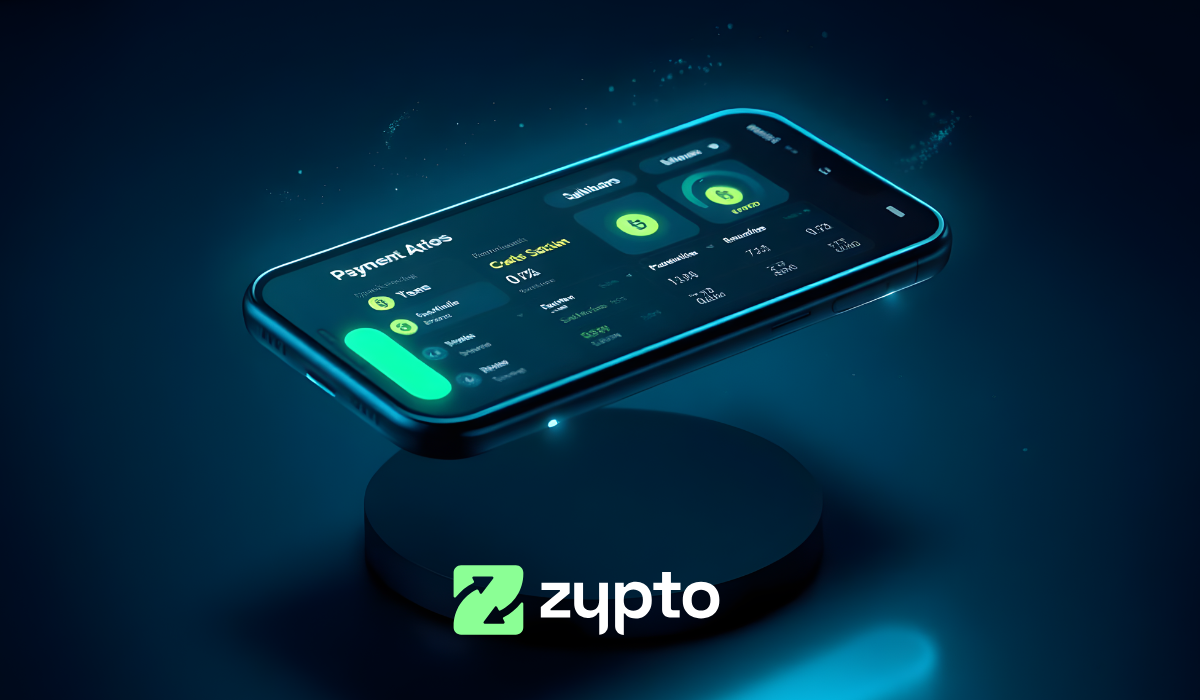
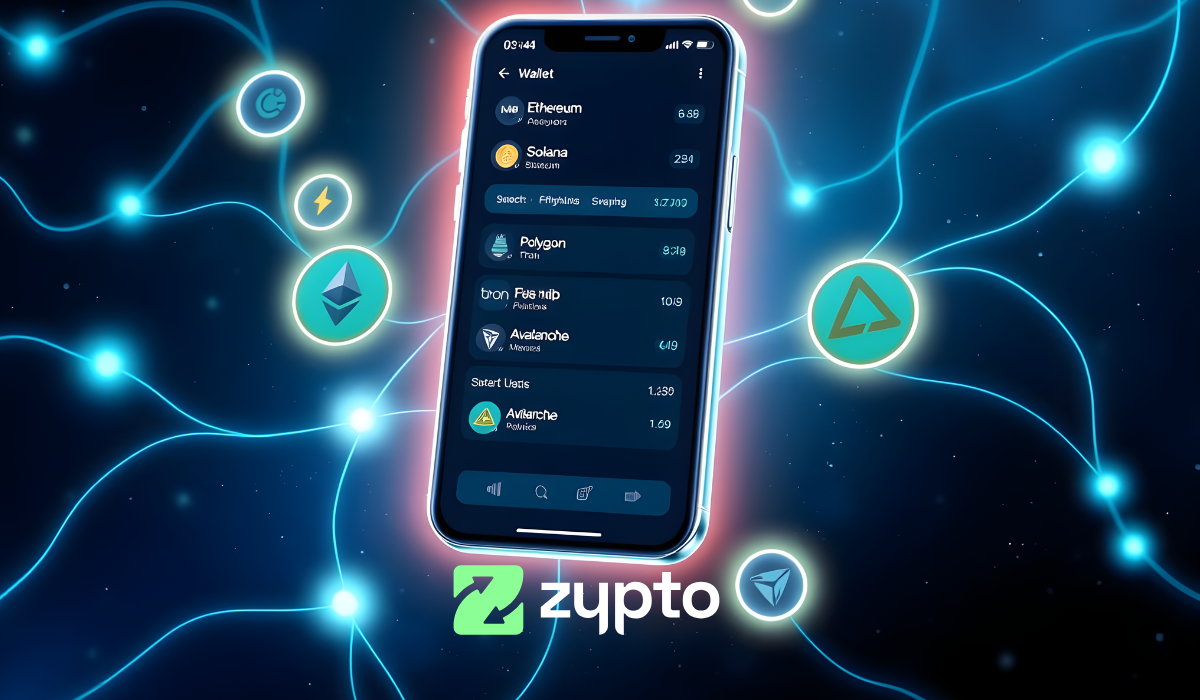

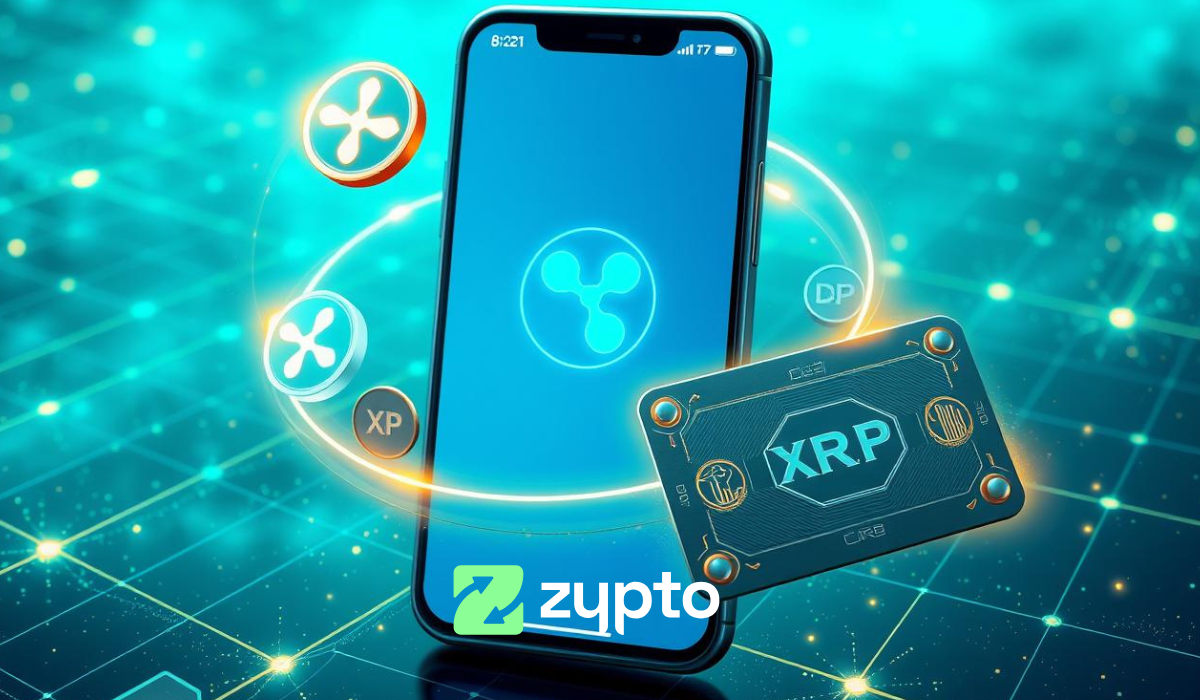

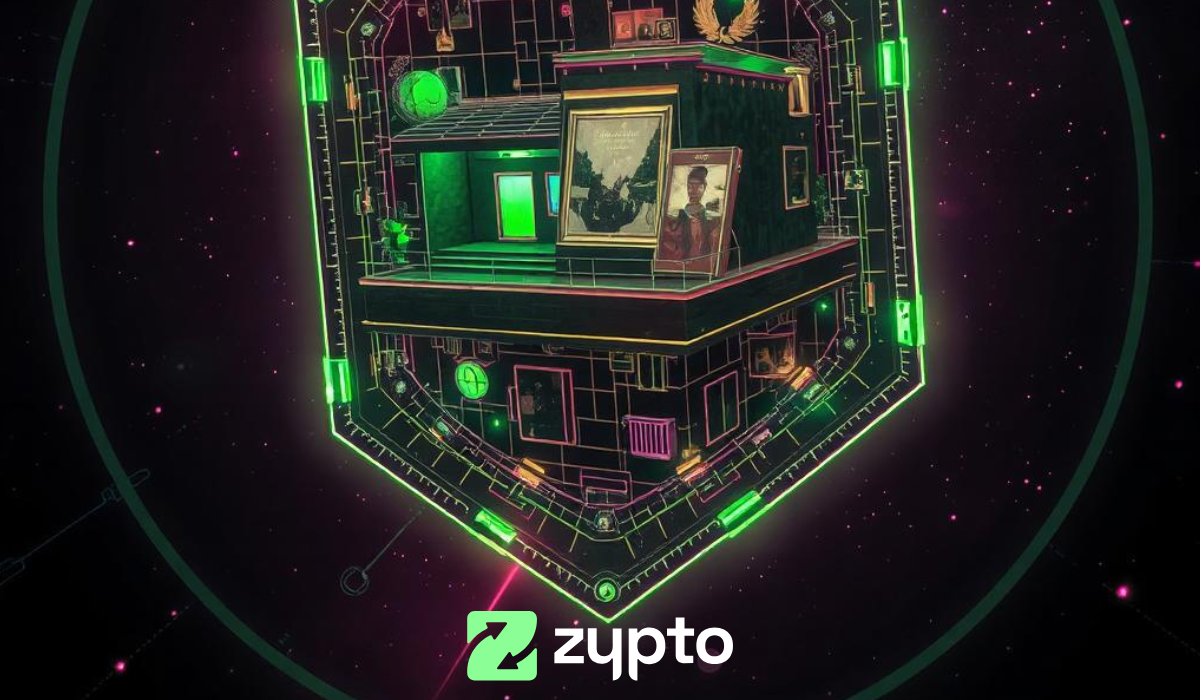
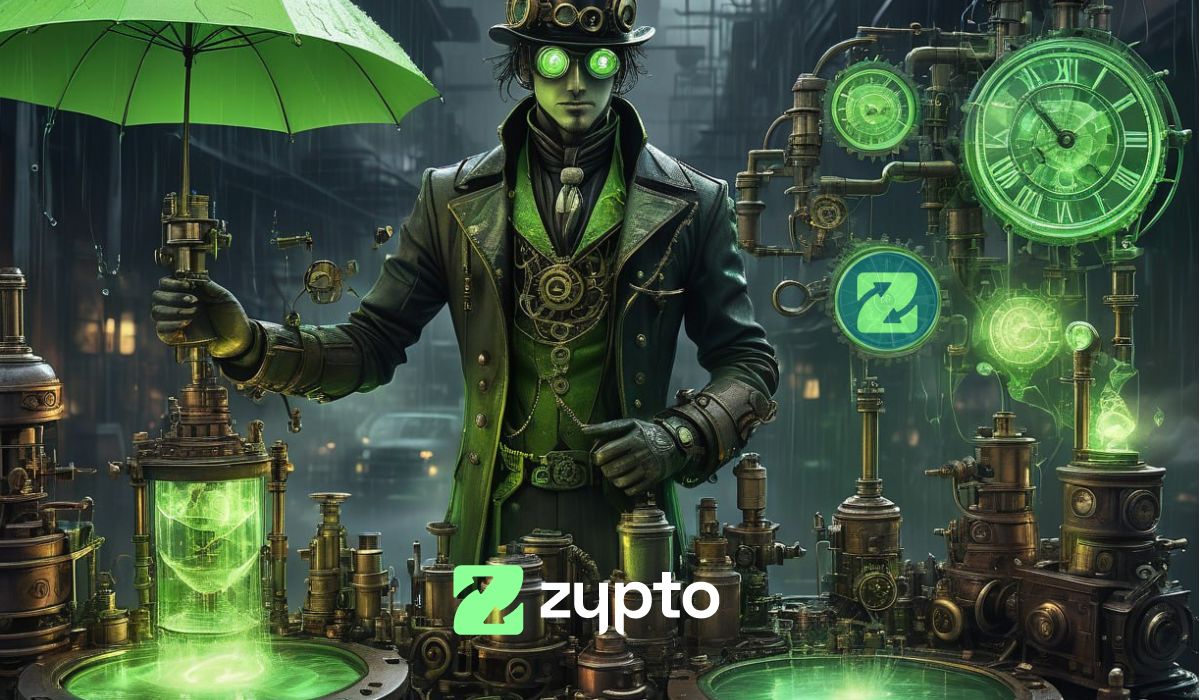





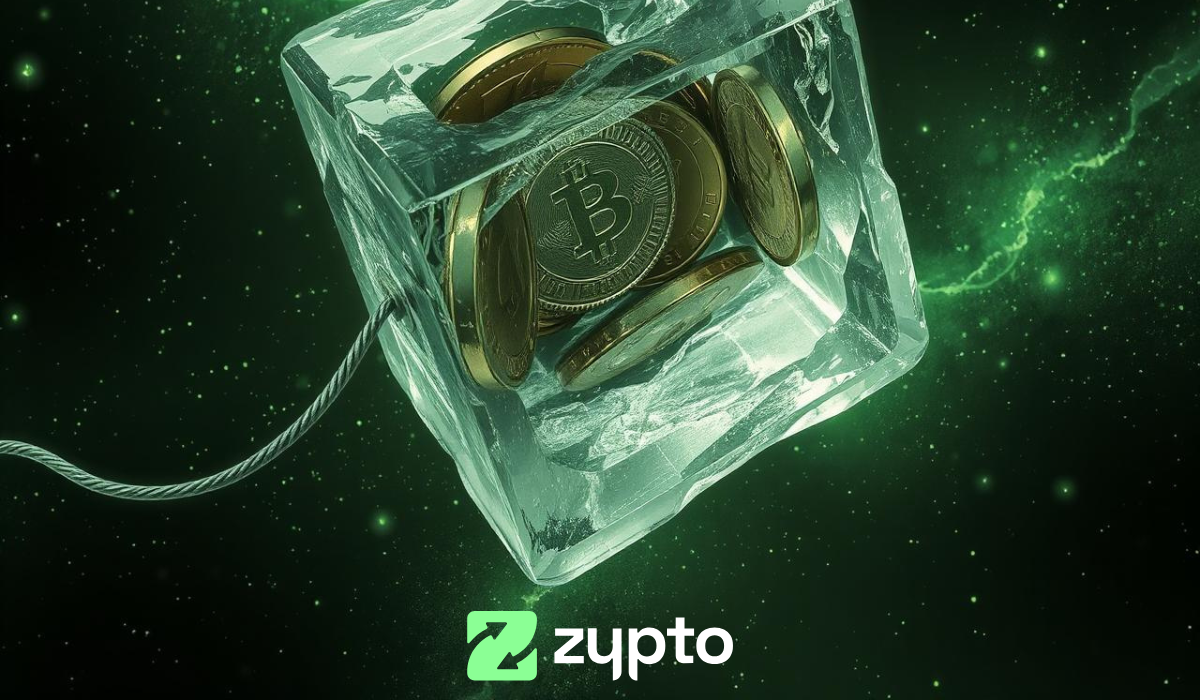

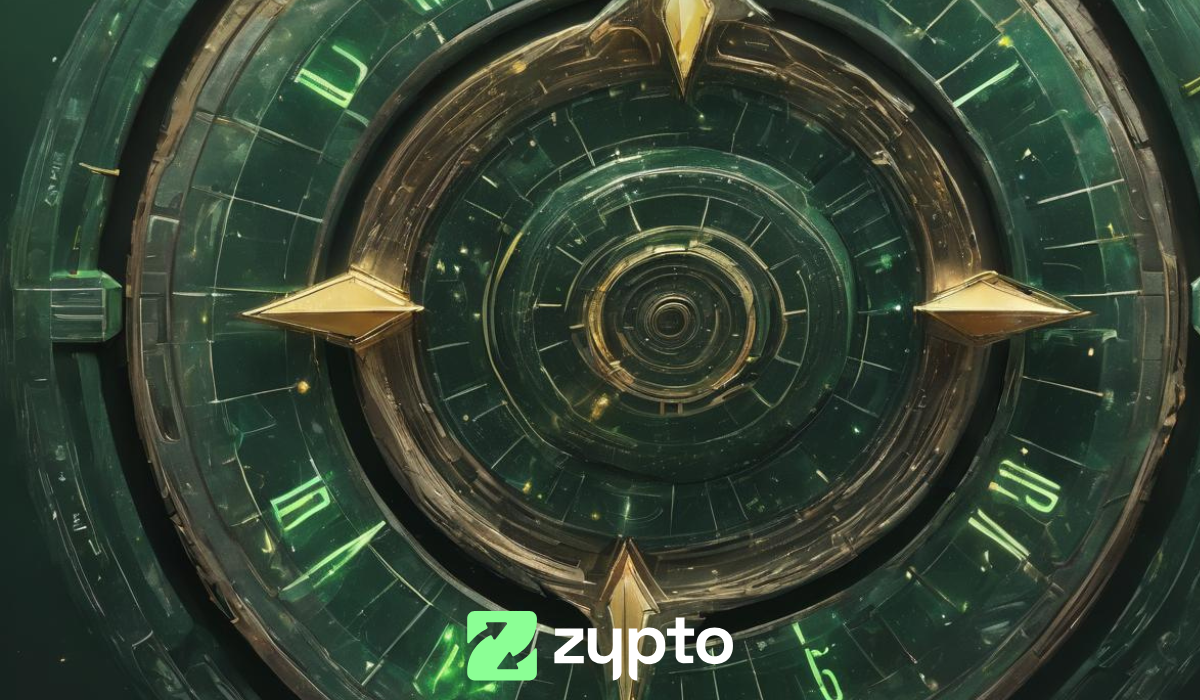

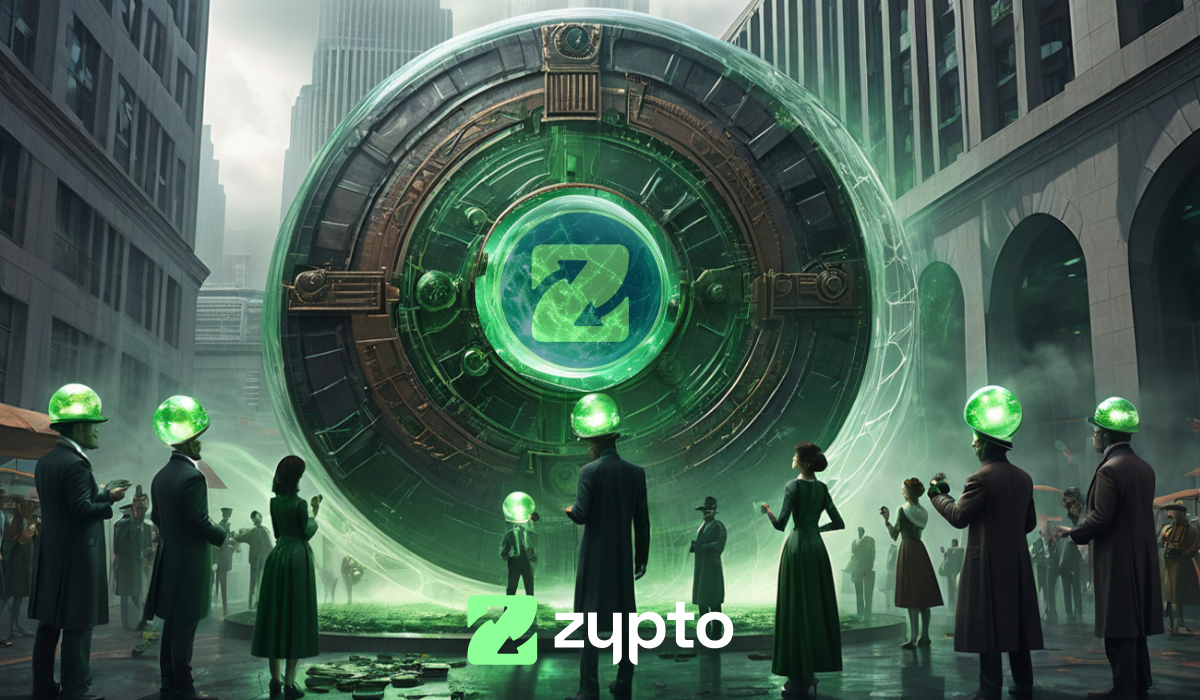
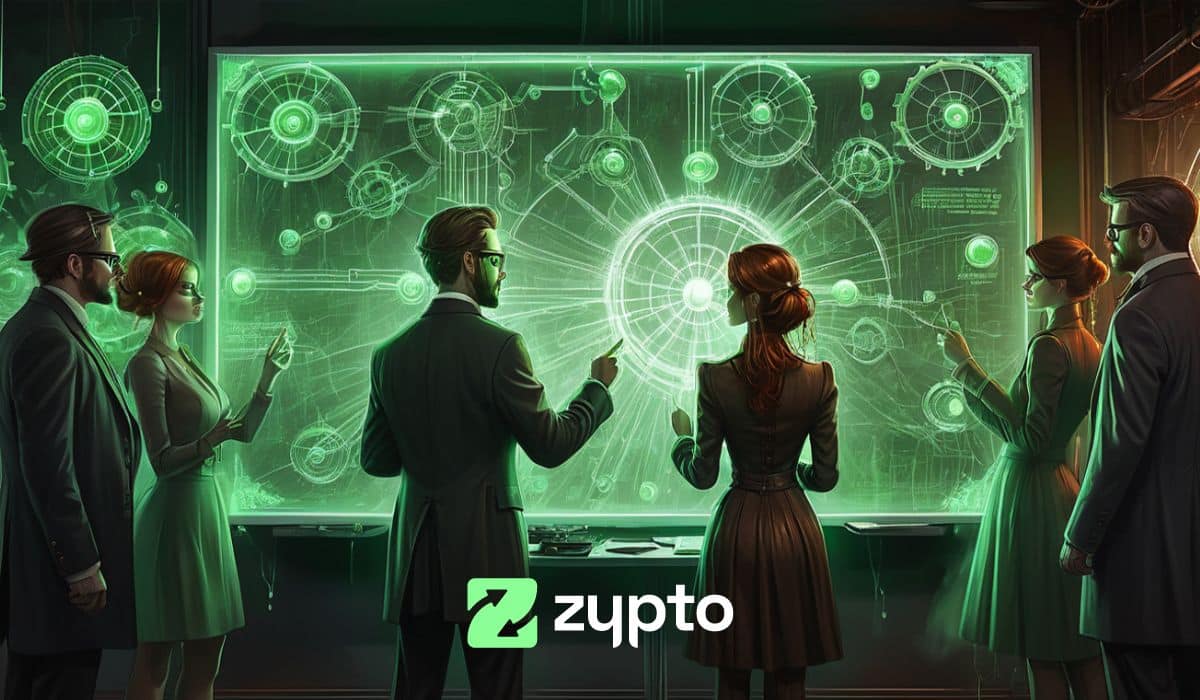


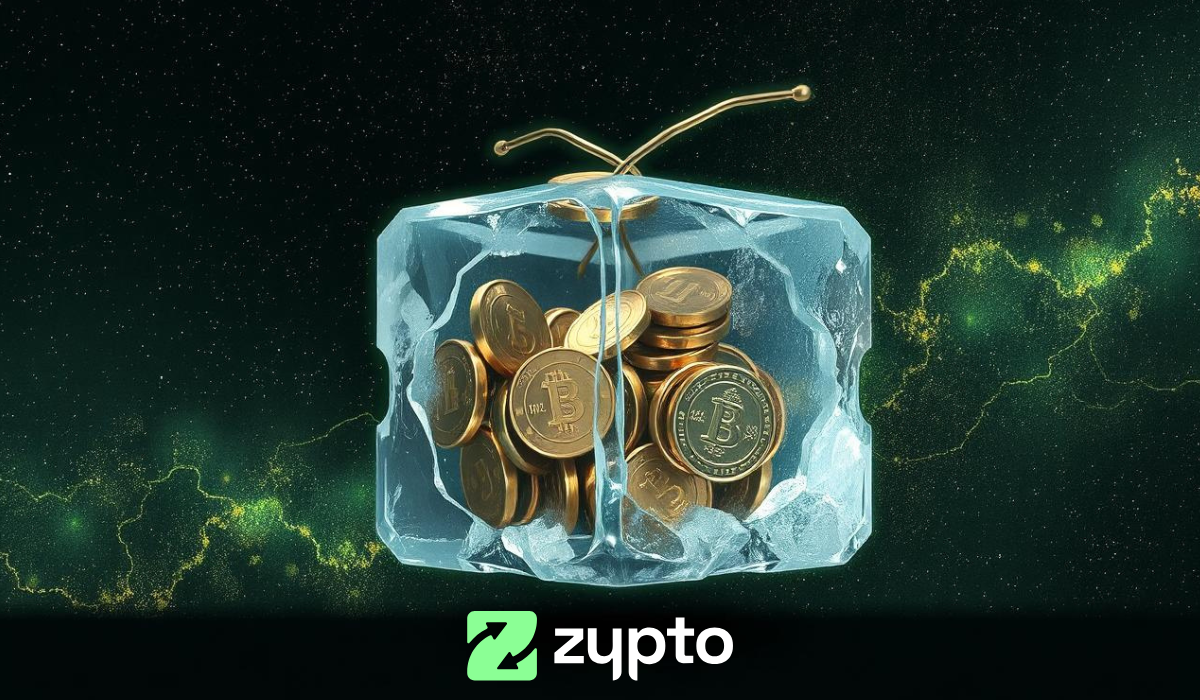



This is a fantastic introduction to smart contracts in the blockchain and Web3 space. The step-by-step breakdown of how smart contracts function and their potential applications really helped clarify their importance in the decentralized ecosystem. I’m especially interested in learning more about the legal implications and real-world use cases of smart contracts. Looking forward to more in-depth articles on this topic! Thanks for the informative read.
Smart contracts are truly the often overlooked, but unsung heroes of the Crypto world. The simplicity that these systems bring into DeFi are what make DeFi truly what it is. The integration of smart contracts into non-crypto based scenarios, such as supply chain management or escrow services that you mentioned in your article will be a game changer.
A perfect example of how DeFi technology can empower and shape our future world!